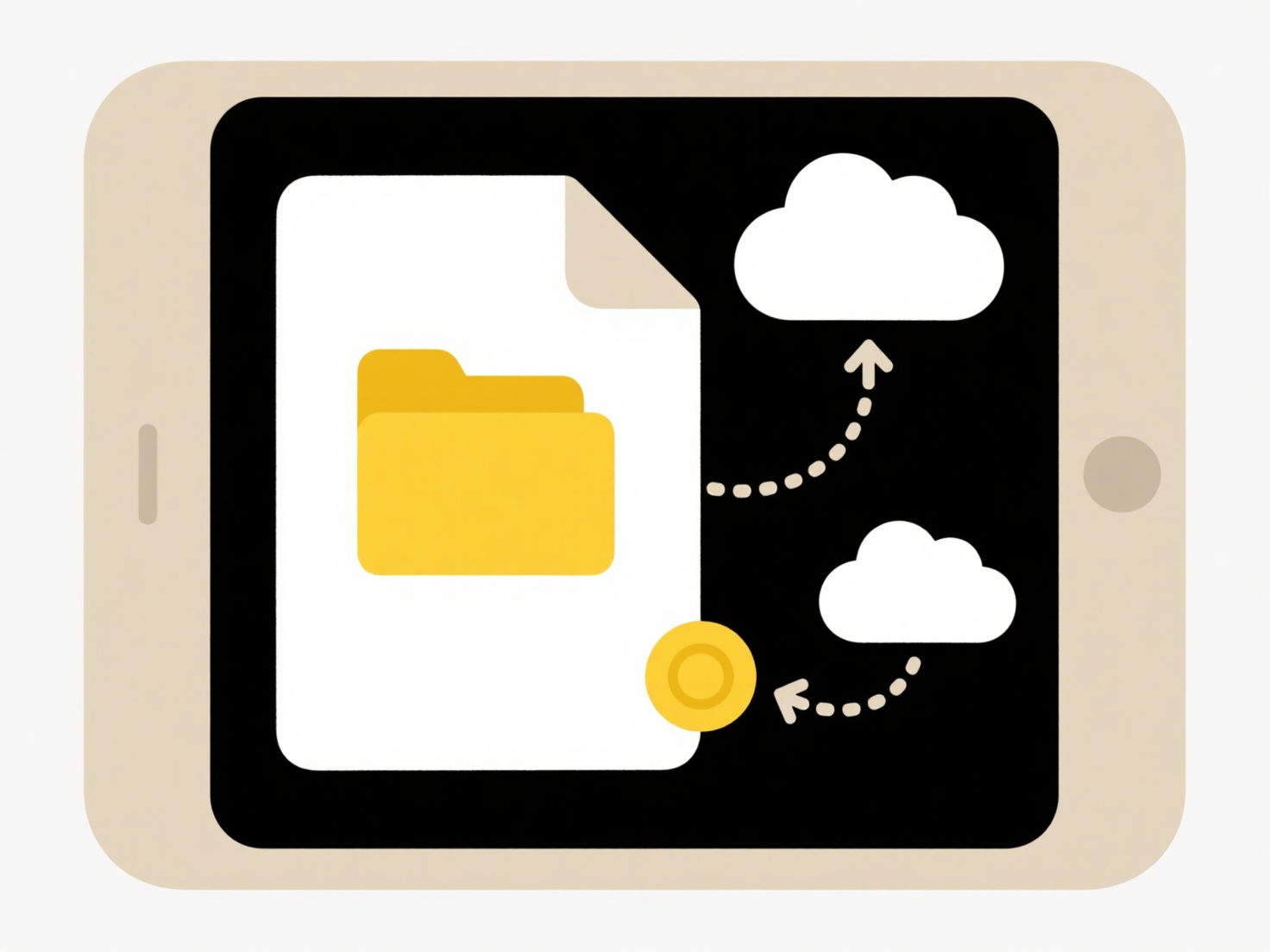
Companies block external file sharing to control security risks and prevent unauthorized data exposure. This involves restricting employee transfers beyond the organization's secure network and systems, differentiating from typically permitted internal sharing among verified employees. The core aim is to stop sensitive company information, intellectual property, or customer data from accidentally or deliberately falling into external hands, protecting against breaches.

Common examples include blocking platforms like personal Dropbox or Google Drive accounts accessed from work devices, and preventing direct email attachments to external recipients containing confidential documents. Industries handling highly regulated data, such as finance, healthcare, and legal services, are particularly likely to enforce such restrictions to comply with laws like HIPAA or GDPR.
Blocking significantly reduces data leakage and improves compliance but can hinder legitimate cross-company collaboration efficiency. Ethical considerations involve balancing security with operational needs and user convenience. Consequently, many organizations now adopt secure alternatives, such as enterprise cloud storage with granular permissions and approved external collaboration tools, to maintain control while enabling necessary workflows and fostering innovation securely.
Why does my organization block file sharing externally?
Companies block external file sharing to control security risks and prevent unauthorized data exposure. This involves restricting employee transfers beyond the organization's secure network and systems, differentiating from typically permitted internal sharing among verified employees. The core aim is to stop sensitive company information, intellectual property, or customer data from accidentally or deliberately falling into external hands, protecting against breaches.

Common examples include blocking platforms like personal Dropbox or Google Drive accounts accessed from work devices, and preventing direct email attachments to external recipients containing confidential documents. Industries handling highly regulated data, such as finance, healthcare, and legal services, are particularly likely to enforce such restrictions to comply with laws like HIPAA or GDPR.
Blocking significantly reduces data leakage and improves compliance but can hinder legitimate cross-company collaboration efficiency. Ethical considerations involve balancing security with operational needs and user convenience. Consequently, many organizations now adopt secure alternatives, such as enterprise cloud storage with granular permissions and approved external collaboration tools, to maintain control while enabling necessary workflows and fostering innovation securely.
Quick Article Links
What are the best practices for folder naming?
Folder naming practices are structural conventions that improve file organization and retrieval. They involve applying c...
How can I tell if a file has been converted or edited?
File conversion changes a file's format, like saving a DOCX as a PDF, altering how it's stored and opened. Editing modif...
How do I verify if a file is still shared externally?
To verify if a file is still shared externally, you need to check its current access permissions. External sharing means...